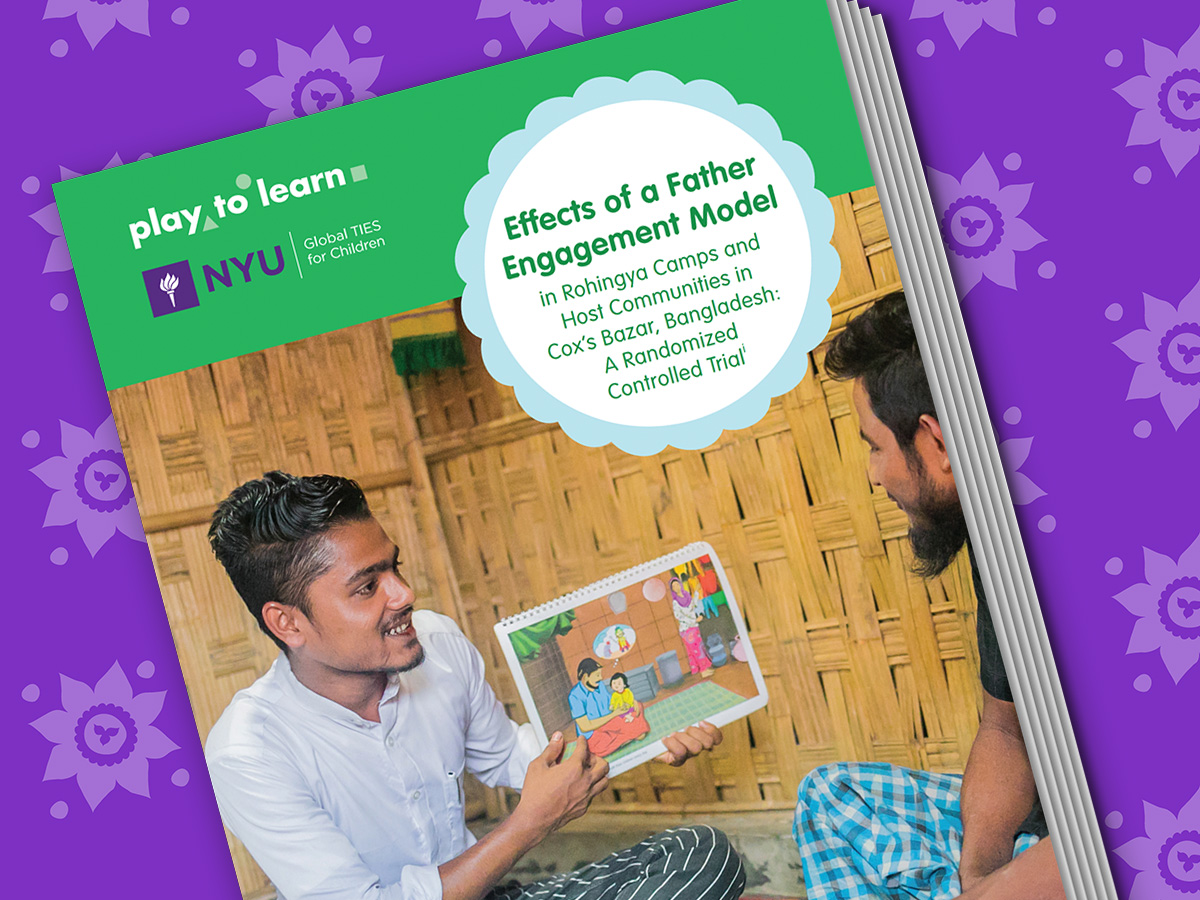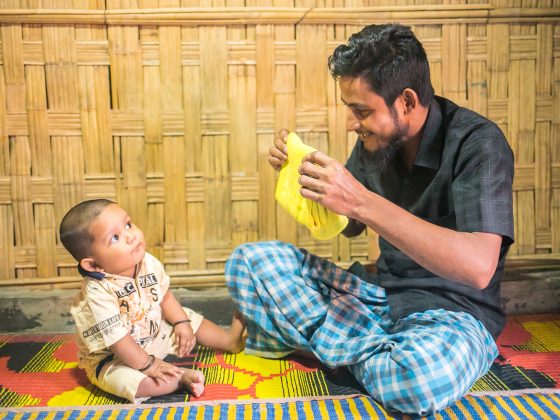
Father’s Engagement Model
A parenting program that promotes fathers' well-being and health child development through play. It encourages fathers to be respectful spouses, create a nurturing home, better understand their own emotions, and develop positive, playful, and respectful relationships with their children.
The program had positive effects on family dynamics known to improve child outcomes. These include engagement of fathers with their wives; parenting practices by fathers, including reduction in harsh discipline; and fathers’ beliefs about fathering, family engagement, and the importance of play. Mothers and fathers shared that this program helped fathers with anger management and aggression at home.
The Father Engagement Model aims to:
- Enhance fathers’ emotional intelligence, coping skills, and daily self-care for improved well-being.
- Promote fathers’ development of respectful, supportive relationships with their spouses and children to nurture a positive family environment.
- Encourage playful, responsive caregiving by fathers to stimulate child development and positive parenting.
- Explore ways for fathers to participate more in childcare and household duties.
Father’s Engagement Model
Who we
worked with
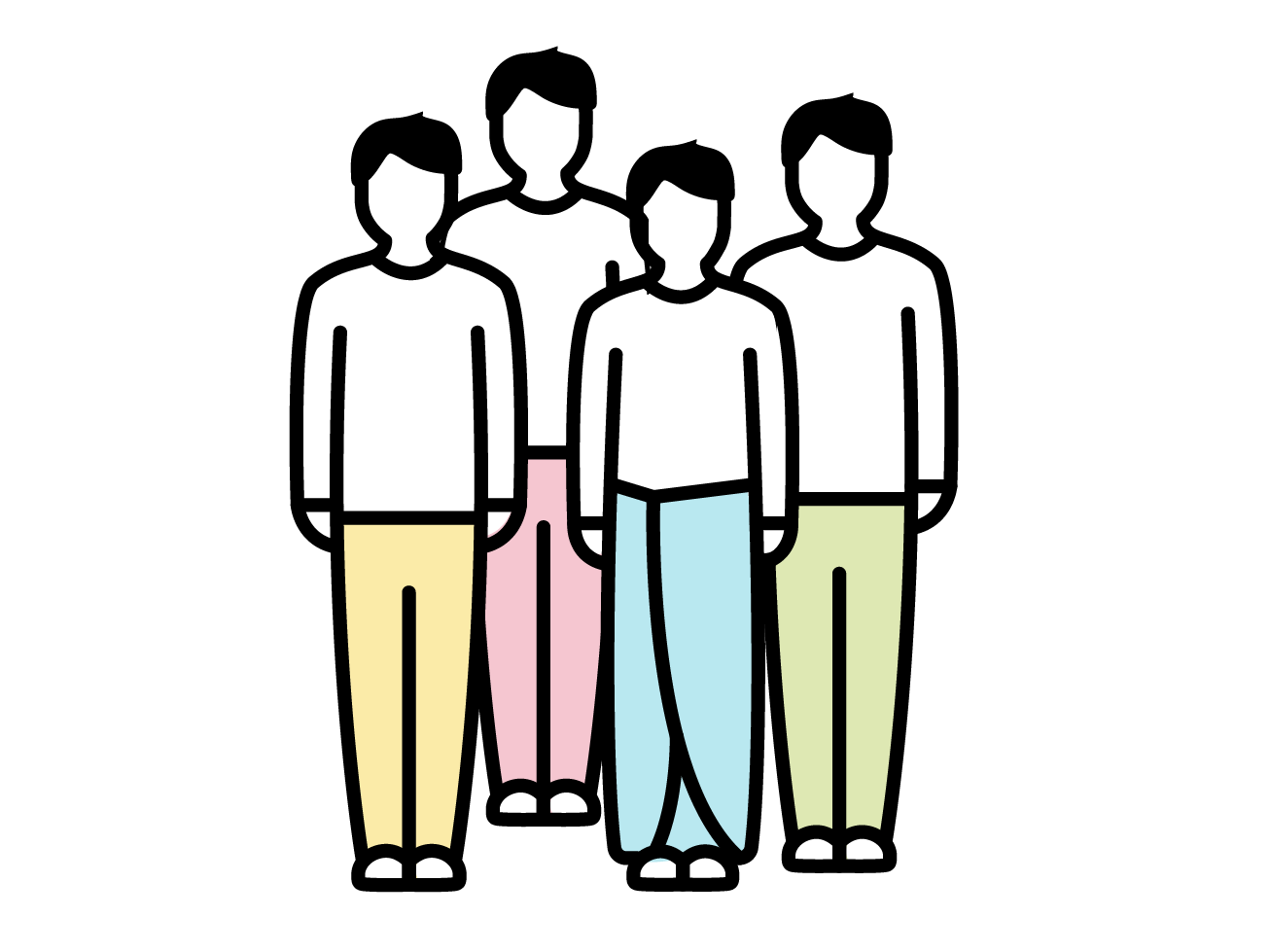
Fathers of children age 0–3 from displaced and host communities
Where we
worked
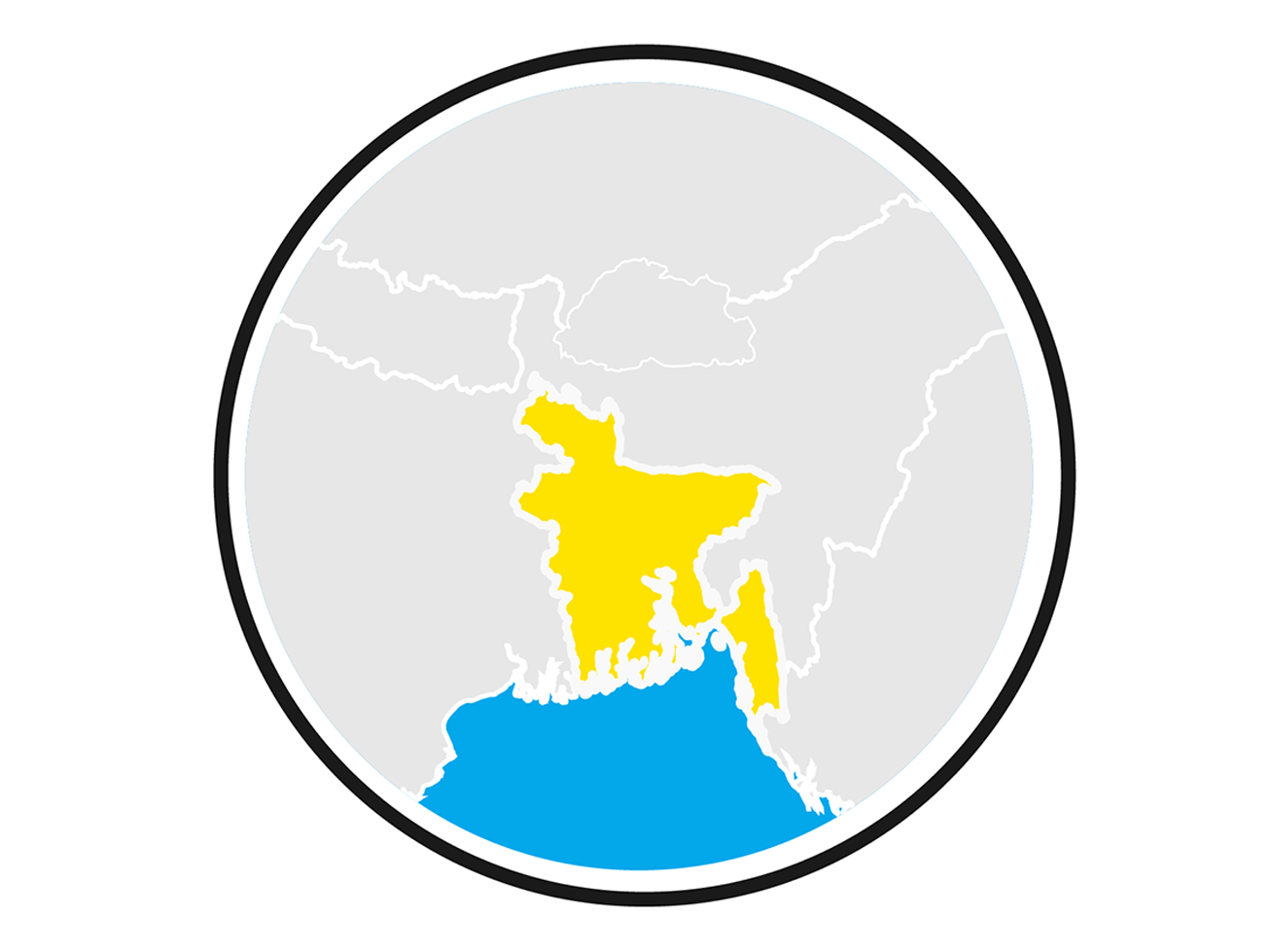
Bangladesh
How we delivered content
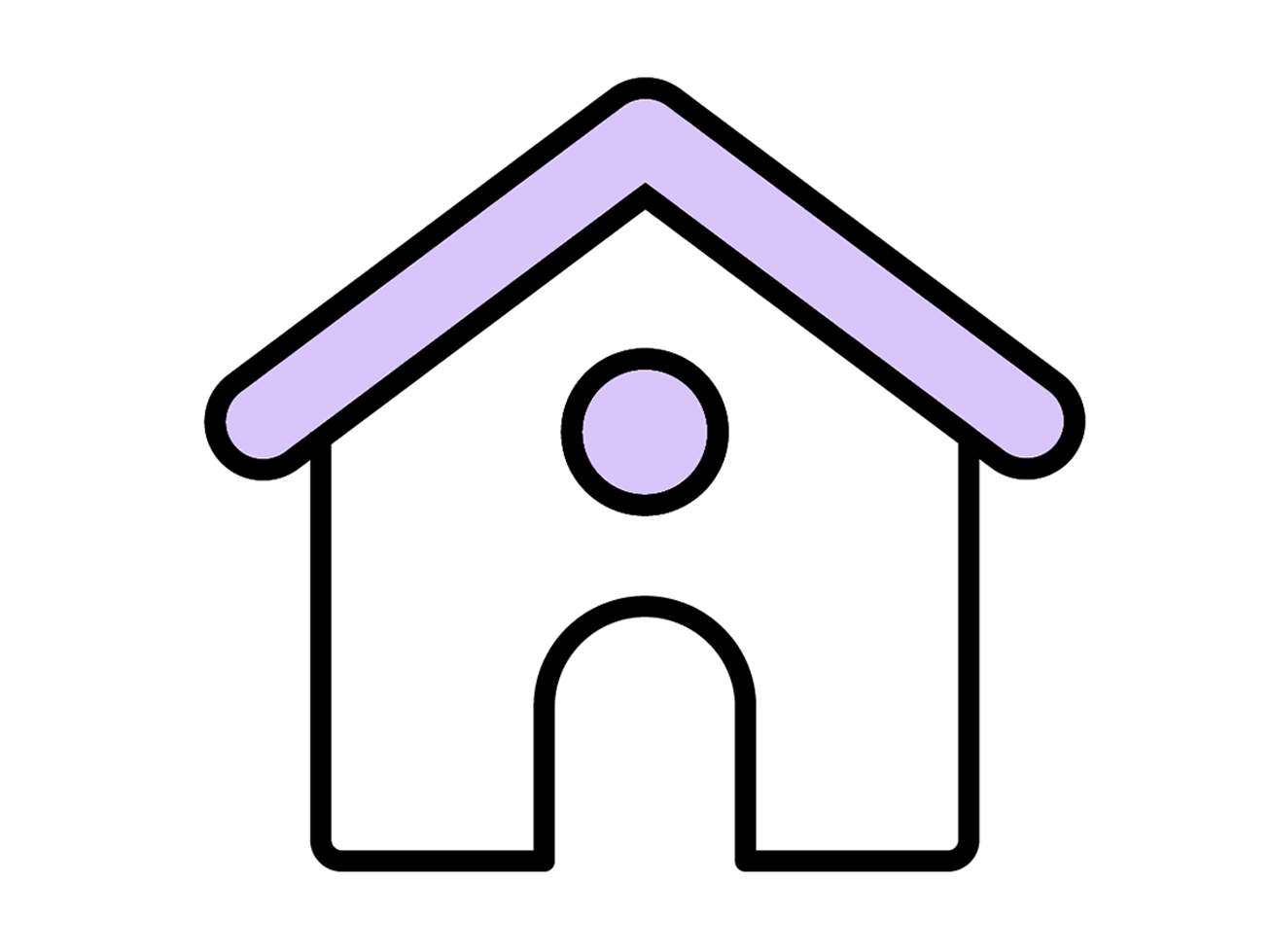
In person – at home
Father volunteers and para-counsellors facilitate individual home visits and group sessions
Frequency
.
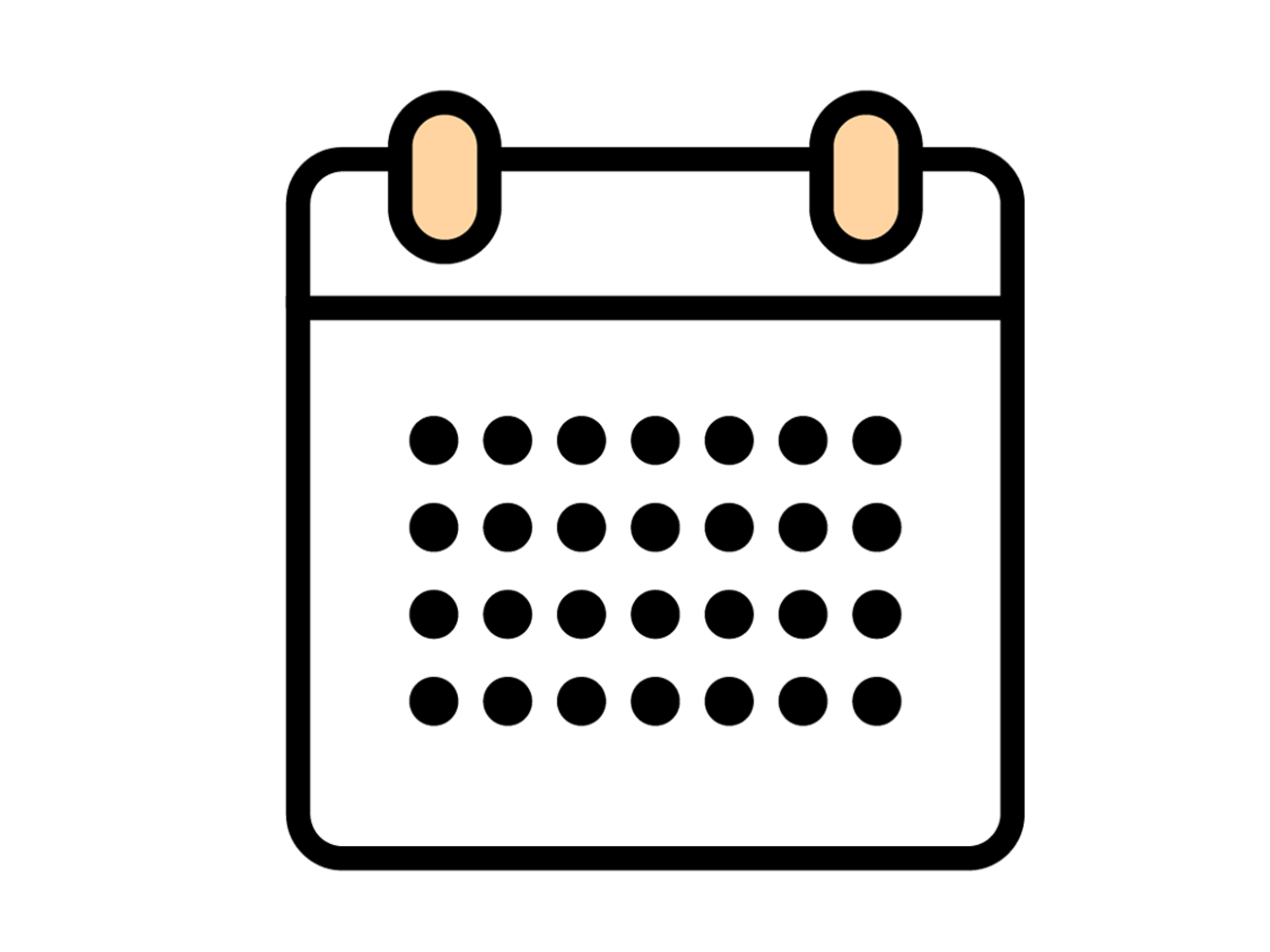
Scheduled
Each father participates in one group session per week for 6 months, with 2 home visits
Program Content and Delivery
The program emerged in response to the need to support fathers. In the Father Engagement Model, fathers receive support in building respectful and supportive relationships with their spouses and children, creating a nurturing family environment. The curriculum comprises two parts: “My Well-Being,” which emphasizes fathers’ psychosocial well-being and its influence on their families, children, and community. The second part, “Play and Grow,” introduces methods for child stimulation, playful activities, and father-child engagement to enhance ECD. BRAC piloted an early version of the program to receive feedback and input from fathers and families.
Training and Supervision
Father Volunteers were selected from the Rohingya community to lead three to four parent groups. Father Volunteers and para-counsellors, recruited from another program, attended a five-day initial training. Subsequently, they received an additional six-month capacity development training, covering a wider range of counseling and mental well-being topics. A formal study by BRAC confirmed the positive impact of this extended training on para-counsellors’ knowledge and practices.
Monitoring and Evaluation
In addition to standard monitoring framework used for the Humanitarian Play Labs, BRAC and NYU Global TIES for Children created a quality measurement tool and carried out an impact evaluation.
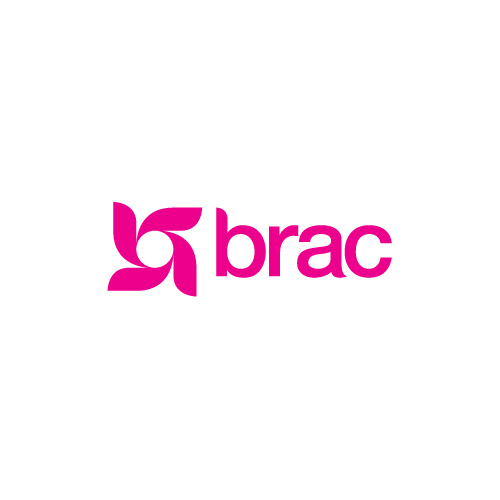
BRAC
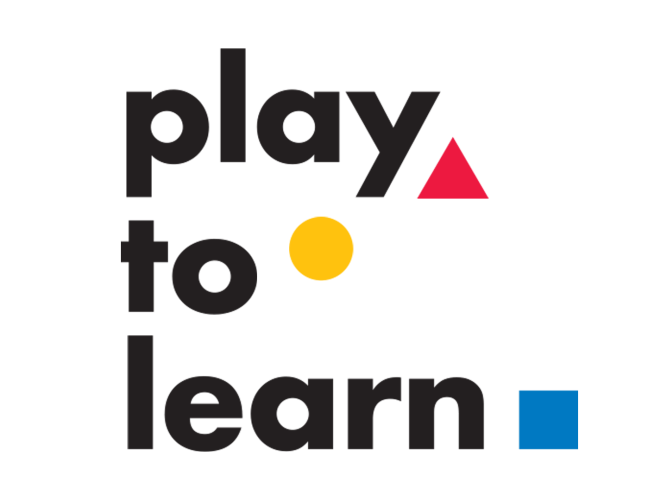
Play to Learn
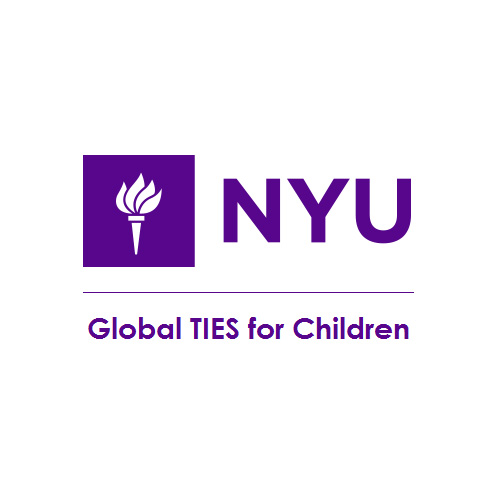
NYU Global TIES

Sesame Workshop
